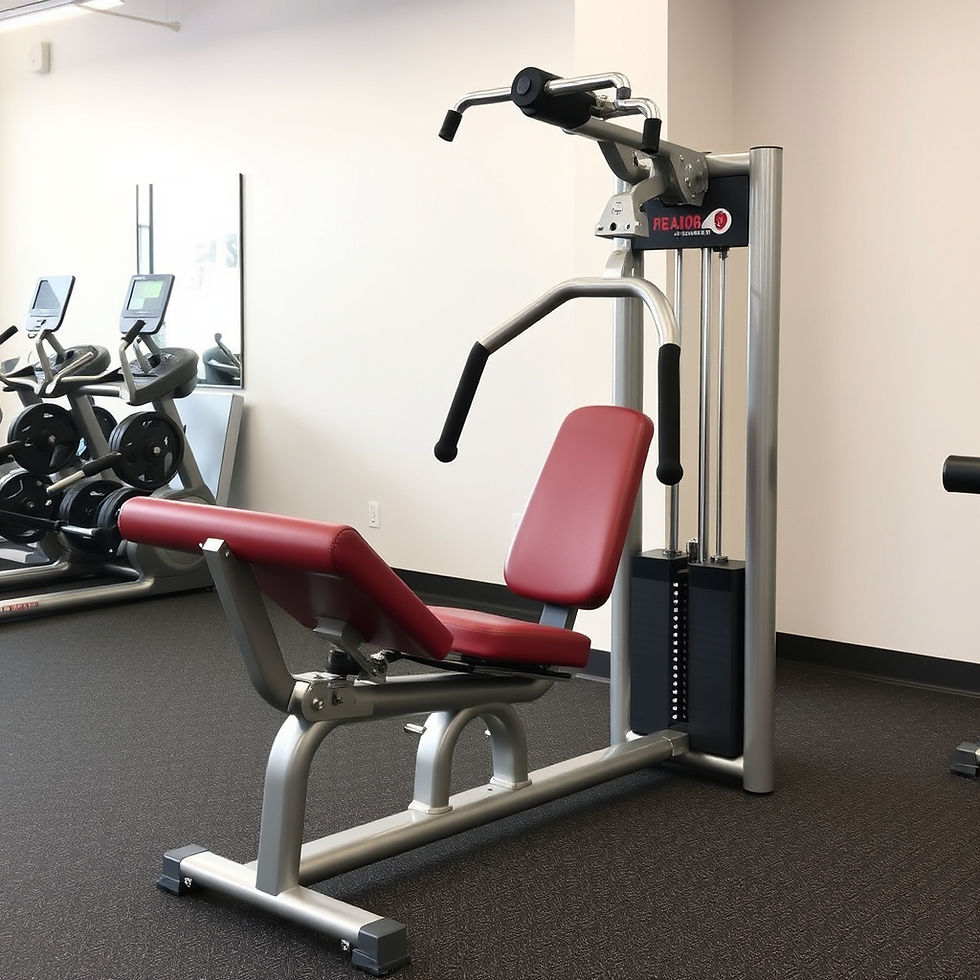Smooth sailing - how to manage your lifestyle to support an optimal menopause transition
- maggiefpowers
- Jun 12, 2024
- 2 min read
Entering menopause marks a significant chapter in a woman's life. It's a natural process characterized by hormonal changes that can bring about various physical and emotional symptoms. While menopause is inevitable, the way we manage its effects can significantly impact our quality of life. In this article, we'll explore lifestyle changes that can ease the transition through menopause, including sleep routines, supportive supplements, resistance training, and personalized hormone care.
Sleep disturbances are common during menopause, with many women experiencing insomnia or disrupted sleep patterns. Establishing a consistent sleep routine can be immensely beneficial. Creating a calming bedtime ritual, such as reading or practicing relaxation techniques, signals to your body that it's time to wind down. Additionally, optimizing your sleep environment by keeping it cool, dark, and quiet can enhance sleep quality. Supplements like magnesium can help support improved sleep as well.
Supportive supplements play a vital role in managing menopausal symptoms. Turmeric, with its anti-inflammatory properties, may help alleviate joint pain and inflammation often experienced during this stage. A high-quality multivitamin can provide essential nutrients that may be lacking in your diet, supporting overall health and well-being. Magnesium is known for its calming effect on the nervous system, potentially easing anxiety and promoting better sleep. Iron supplementation may be necessary to combat the increased risk of iron deficiency anemia that can occur post-menopause. Vitamins D and B12 are also crucial for bone health, energy levels, and mood regulation.
Incorporating resistance training into your fitness routine becomes increasingly important during menopause. As estrogen levels decline, women are at greater risk of losing bone density, increasing their susceptibility to osteoporosis. Resistance exercises, such as weightlifting or bodyweight exercises, help maintain bone density and muscle mass, reducing the risk of fractures and falls. Moreover, strength training boosts metabolism and promotes weight management, which can be particularly challenging during menopause due to hormonal fluctuations.
While lifestyle changes can mitigate many menopausal symptoms, personalized hormone care is often necessary. Hormone replacement therapy (HRT) involves replacing estrogen and progesterone to alleviate symptoms like hot flashes, vaginal dryness, and mood swings. However, HRT is not a one-size-fits-all solution and should be tailored to individual needs and health risks by a provider who understands hormone care and how to manage your symptoms. Working closely with a healthcare provider to assess the benefits and risks of hormone therapy is essential for long-term health and symptom management.
Navigating menopause involves a multifaceted approach that encompasses lifestyle modifications, supportive supplements, and personalized hormone care. By prioritizing sleep, incorporating beneficial supplements, engaging in resistance training, and seeking personalized medical guidance, women can transition through menopause with greater ease and maintain their overall well-being. Remember, menopause is a natural phase of life, and with the right strategies in place, it can be embraced as a new chapter of empowerment and vitality.





Comments